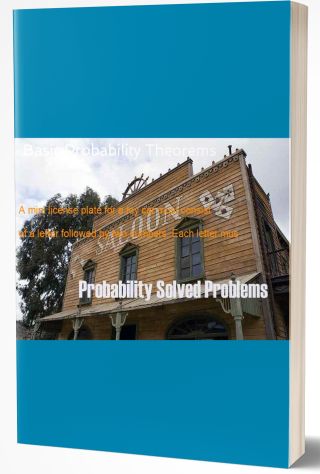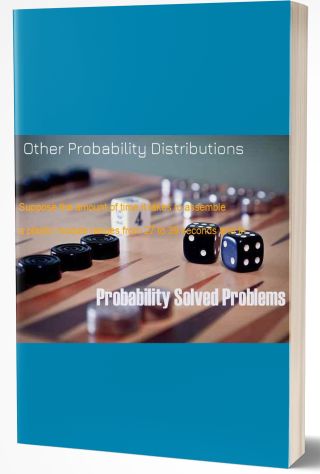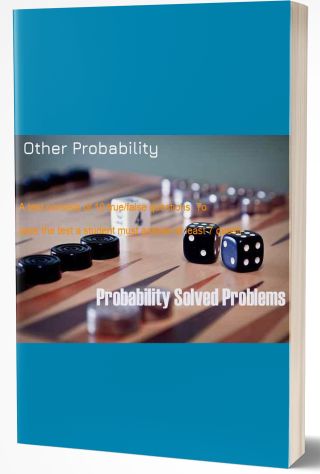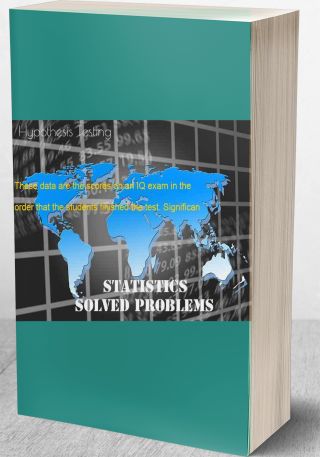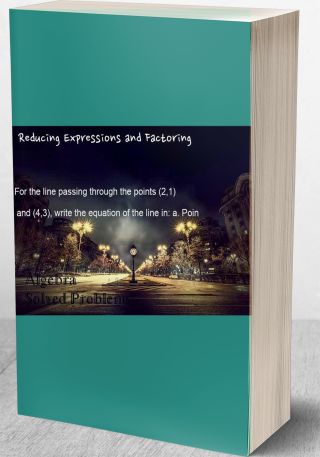Extra Credit Suppose you have collected a group of independent, identically distributed random varia
Question: Extra Credit Suppose you have collected a group of independent, identically distributed random variables X(1), X(2),...,X(n). Now, rank these values from low to high. The nth-order statistic, Y(n,) is the largest value in the set. Suppose X(1), X(2),...,X(n) are continuous, independent, Uniform (0,1) random variables. Compute the probability density function of Y(n) and use this to calculate E[Y(n)] if n = 50. Hint: Let F = the cdf of Y( n)then F(y)= P[Y(n)<= y] = P[all the X random variables are <= y} and so forth. The requested mean value is:
Price: $2.99
Solution: The solution consists of 2 pages
Deliverable: Word Document
Deliverable: Word Document



